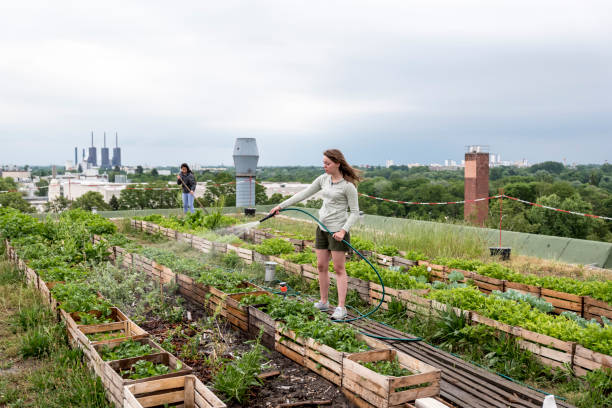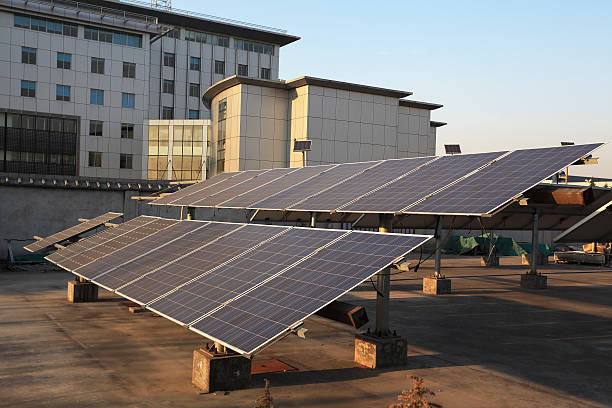The Emergence of Urban Farming in Real Estate: A New Era of Sustainability
Introduction: Urban farming is not just a trend; it's a revolution that's reshaping the real estate landscape. This shift towards sustainability is providing new opportunities for buyers, sellers, and investors alike. Dive into the world of urban farming in real estate and explore how this green movement is creating a fresh approach to property investment.

A New Leaf: Understanding Urban Farming in Real Estate
Urban farming, or the practice of cultivating, processing, and distributing food in or around urban areas, presents a unique and innovative approach to real estate. The concept is not entirely new. During World War II, ‘Victory Gardens’ were popular as a way to supplement food rations and boost morale. Today, urban farming is gaining traction as a sustainable solution to food security and climate change issues. In the context of real estate, incorporating urban farming into property design and management creates attractive opportunities for investors, developers, and homeowners.
The Green Advantage: Benefits of Urban Farming in Real Estate
Integrating urban farming into real estate can provide numerous benefits. For homeowners, having access to fresh, locally-produced food can enhance quality of life and reduce living costs. For property developers, urban farms can serve as unique selling points, attracting environmentally conscious buyers and renters. Additionally, urban farms can potentially increase property values and rental yields, providing an attractive prospect for investors.
Seeds of Challenge: Potential Drawbacks
While urban farming presents exciting opportunities, it also comes with its share of challenges. Initial setup costs can be high, and maintaining an urban farm requires significant time and effort. There are also legal considerations, as not all cities have zoning laws that permit urban farming. Despite these challenges, the potential rewards - both financial and environmental - make urban farming an intriguing prospect in the real estate realm.
Cultivating Success: The Impact of Urban Farming on the Real Estate Market
The integration of urban farming into real estate is having a transformative effect on the market. It’s reshaping urban landscapes, driving demand for innovative property designs, and creating new opportunities for investors. The trend is also encouraging more sustainable practices within the industry, pushing real estate towards a greener future.
From Seed to Sale: The Future of Urban Farming in Real Estate
As sustainability continues to become a primary concern for buyers, sellers, and investors, the role of urban farming in real estate is likely to grow. Advancements in technology, such as hydroponics and vertical farming, are making it easier than ever to incorporate urban farming into property designs. While it’s still early days, the potential for urban farming in real estate is vast, promising a greener, more sustainable future for the industry.
In conclusion, urban farming is more than just a trend; it’s a movement that’s revolutionizing the real estate industry. As we move towards a more sustainable future, the integration of urban farming into real estate presents unique opportunities for investors, developers, and homeowners alike. It’s an exciting time to be involved in real estate, as traditional practices make way for innovative, sustainable solutions.





